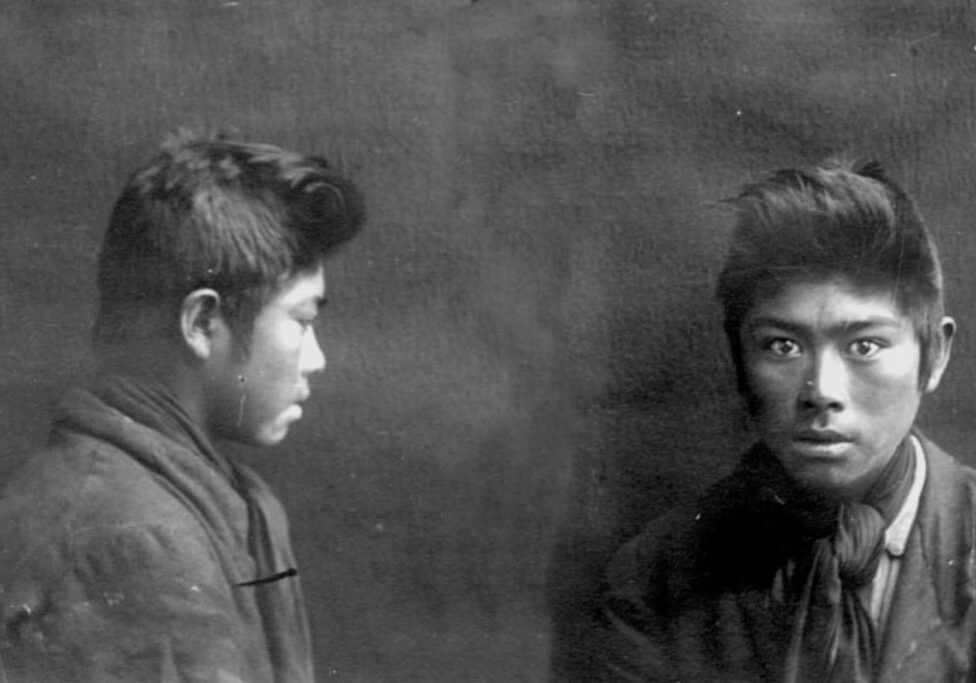
The Mai Arrives in the "Land of the Devil"
The series of documentaries that we offer on Più Compagnia – the second screening is available from December 21st at Più Compagnia (free access) – is an integral part of the MAI – Museo Antropologico Immaginario multidisciplinary project curated by Valeria D’Ambrosio for Villa Romana in Florence and realized thanks to the contribution of the Fondazione CR Firenze. Being a partner of the project, Festival dei Popoli, proposes a selection of documentaries from its Archives related to the themes of the MAI in order to develop the food for thought triggered by the exhibition.
Within the MAI, various practices are confronted with the aim of decolonising thought and vision through creative languages unhinged by the objectivising distance of the scientific discipline. Contemporary art, Radical Architecture, Live Performance and Documentary Cinema are in fact called upon to reason about the role of Ethnographics & Anthropological Museums in contemporary Society. This can be made focusing on the dynamics of representation of human cultures no longer seen through an essentially Eurocentric and static filter, but trying to create real participatory models and a wide network of collaborations to tell stories of the Past, narratives of the Present and possible visions of the Future.
In response to this call, the Festival dei Popoli Archives proposes a programme of international films questioning and rethinking the concept of an Anthropological Museum, and which aim to bring together cultures and populations that every day seek to bring ancient traditions into dialogue with the demands of the contemporary world.
Second date from December 21st to 23rd at Più Compagnia (click here to enter)
El país del diablo (Land of the Devil), by Andrés Di Tella
(Argentina, 2008, 72’ – o.v. Spanish – English subtitles)
Andrés Di Tella, one of the greatest contemporary Argentinean filmmakers, sets out on the trail of Estanislao Zeballos, a 19th century writer and anthropologist who, affiliated with the Argentinean army in the bloody campaign of colonisation of the south of the country (named the “conquista del desierto”) was among the first to document the traditions and culture of the Mapuche people at the very moment when the troops commanded by Julio Argentino Roca were systematically exterminating them.
The car driven by Di Tella took a journey through space and, metaphorically, through time, tracing the places of the battles, “rediscovering” documents that had survived oblivion, meeting the descendants of the original inhabitants of Patagonia. Structured as an open journey, made up of unexpected encounters and sudden discoveries, the film reveals the particular condition of a national history also made up of hidden pages and ghosts that must be faced. (A. Lastrucci)

